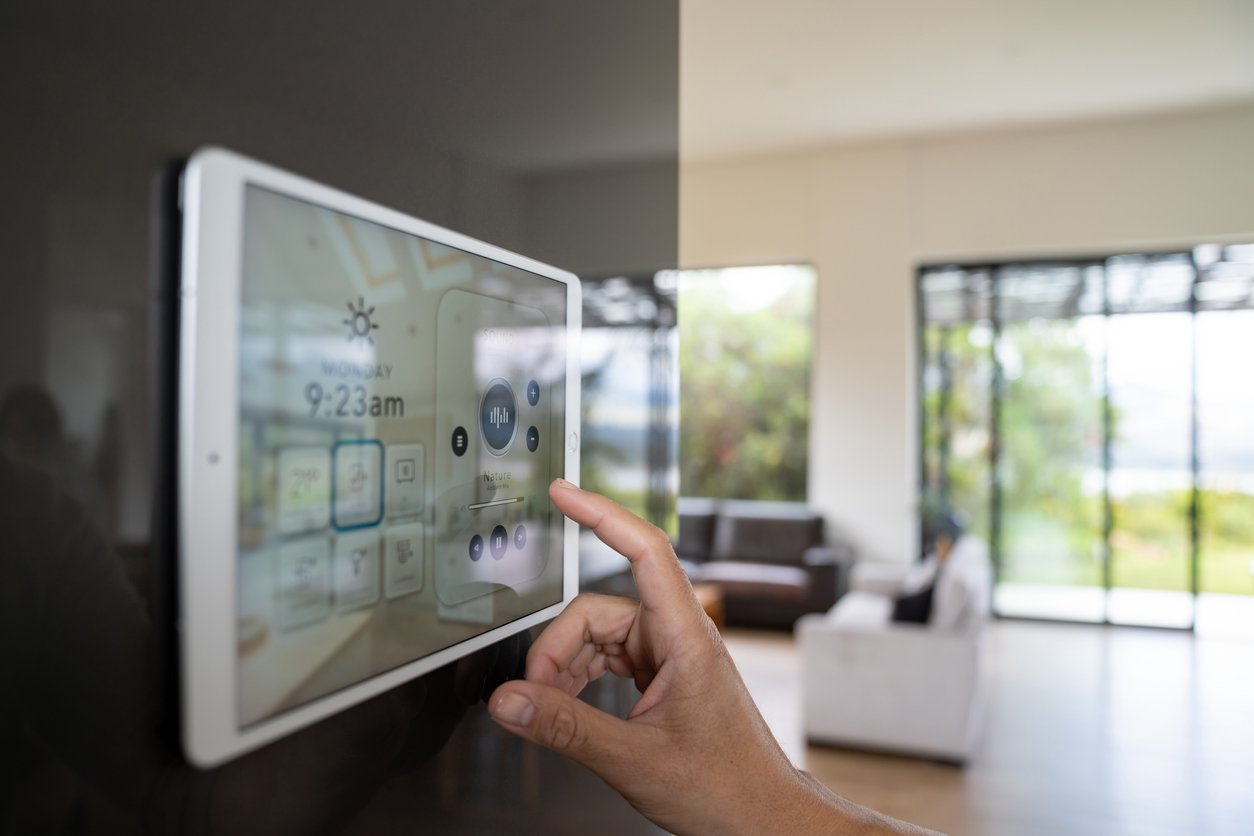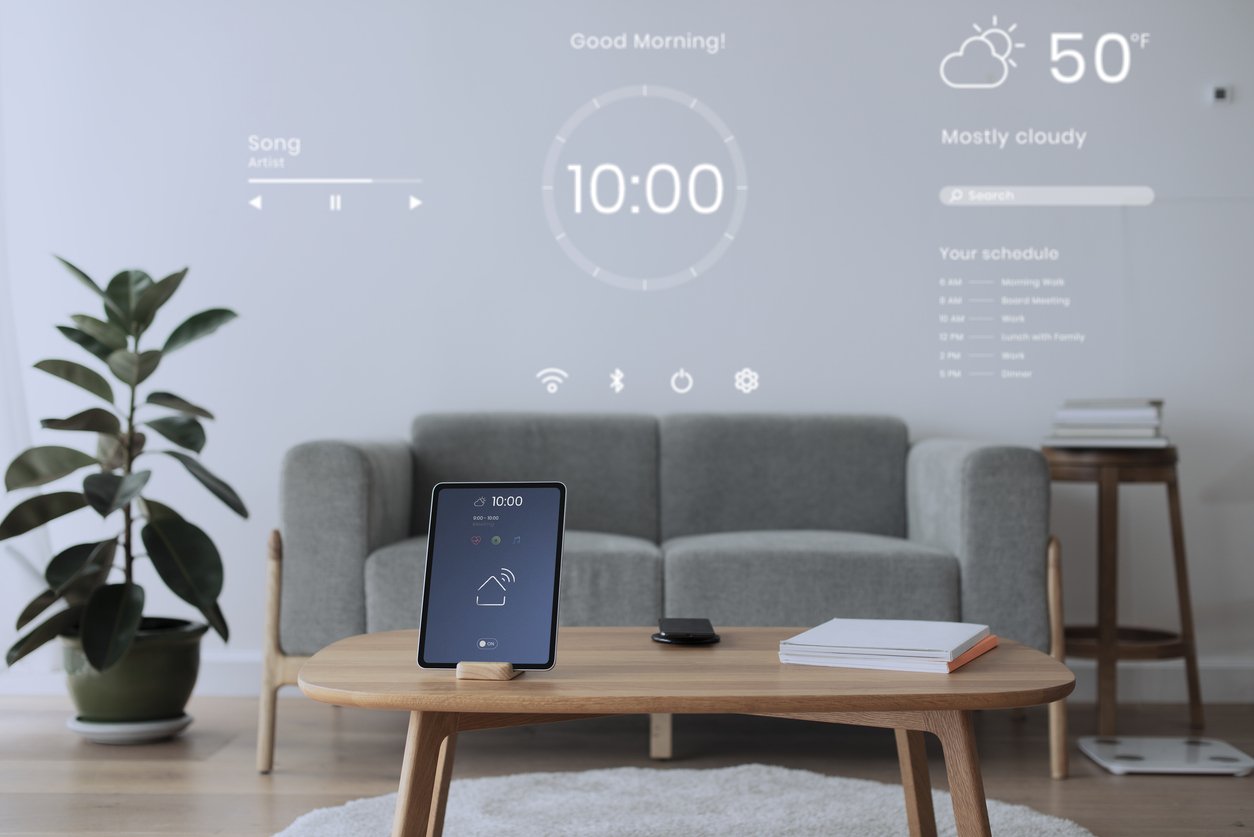Smart homes: they can set the mood, lower your blinds, or vacuum your floors while you nap. But as one highly publicised Singapore smart lock incident recently proved, there’s nothing like a little digital lockout to remind you that sometimes your “smart” house might outsmart you.
In this piece, we are looking at what happens when the smart home gadgets fail, and how we can protect ourselves from it.
Table of Contents
- The recent smart lock flop
- What could possibly go wrong? (According to research)
- Everyday smart home fails
- Singapore’s real user verdict
- Plan B: Outsmarting your smart home
- Wrapping up: Expect the unexpected
The recent smart lock flop
Some days ago, over 50 Singaporean homeowners suddenly discovered that the “smart” part of their very expensive locks had vanished. This, thanks to a messy business dispute between a distributor and a manufacturer, who settled their differences by remotely disabling cloud-linked smart features.
The locks still operated—if you like opening your door the old-fashioned way—but the app controls, notifications, and other digital perks were gone. Suddenly, that voice-command feature was reduced to a glorified door handle.
This was a rare, high-profile case, but it has sparked a broader conversation about just how dependent our “smart” lives can be on cloud services and business relationships we barely think about.
What could possibly go wrong? (According to research)
We wanted to get a clearer picture of the kinds of hiccups smart homeowners might face; especially as the smart home footprint grows in Singapore. So, we turned to key studies such as Smart Home Is Not Smart Enough to Protect You and The digital harms of smart homes.
These studies reveal a range of challenges, from mildly inconvenient to downright eyebrow-raising; that could occur when your home is more gadget than brick. From device incompatibility and Wi-Fi bottlenecks, to being locked into one brand’s ecosystem, these studies highlight why your smart home might not always be the seamless utopia promised in adverts.
Locally, homeowners report quirks like unresponsive smart switches, sensors that randomly “ghost” trigger, and occasional automation mishaps such as lights throwing disco-style parties at 2 a.m.
Common everyday smart home fails
Here are some classic ways smart homes can let you down, with a little more explanation:
1. Compatibility confusion
Your new sensor might speak “Zigbee” while your other devices only understand “Z-Wave” or Wi-Fi. These differing communication protocols mean devices can’t natively communicate without additional hardware, leading to frustrating setups more reminiscent of an awkward gathering with no shared language.
2. The Wi-Fi sulk
Smart homes heavily rely on reliable Wi-Fi. An internet hiccup or router glitch, especially in concrete-heavy Singaporean flats where signal penetration can be patchy, can cause lights, locks, and sensors to refuse commands. You’re left manually unlocking doors or flipping switches, much like a stubborn child ignoring instructions.
3. Battery betrayals
Wireless devices such as security cameras or motion sensors depend on batteries. A dead or low battery renders them useless, so forgetting to check or replace batteries turns these smart gadgets into expensive decorations. Battery maintenance becomes an essential chore.
4. Automation Issues
Routines sometimes backfire spectacularly. Perhaps your “gentle night light” routine turns awry, or the rain sensor lowers blinds while your laundry dries outside. Automation brings convenience but can occasionally reveal a mischievous streak.
5. Security slip-ups
Default or weak passwords on devices can open entry points to hackers or pranksters, causing embarrassment (hearing strangers on your baby monitor) or worse, privacy invasions.
Singapore’s real user verdict

According to local Reddit discussions, most Singapore homeowners remain enthusiastic about smart living.
Homeowners highlight practical benefits like ease of controlling lights, fans, and curtains remotely; automations like air-conditioning turning on before arriving home; and smart blinds lowering when rain is detected. For some, voice control is a gift, while others prefer physical buttons or apps, citing reliability and convenience.
Notably, some users also share the pains behind the scenes. These include Wi-Fi connectivity issues especially in HDB flats with reinforced concrete walls, occasionally unpredictable automations, and the learning curve of configuring and maintaining the system.
A few consider their smart setups “intermediate” or “advanced” based on the number of devices and automation complexity, reflecting that smart home ownership is a continual, evolving journey.
Plan B: Outsmarting your smart home
As we have seen from the stories above, even the smartest homes have their off days. Here’s how to stay in control:
1. Keep physical backups – Choose smart locks and switches that still work manually if the technology falters. Physical keys or manual overrides saved many during the Singapore smart lock crisis.
2. Old-school spares – Mechanical keys won’t fail due to firmware glitches, subscription cessations, or cloud outages. They don’t need re-pairing or updates.
3. Backup connectivity – A mesh Wi-Fi system or a cellular 4G/5G backup can keep your smart home responsive during primary internet outages. While a backup internet line sounds dull, it’s invaluable if remote access is critical.
4. Documentation – Keep an updated list of devices, apps, and login credentials to avoid panic when troubleshooting.
5. Embrace occasional “Tech-Free” moments – When tech misbehaves, enjoy retro living: light candles, open windows, and draw curtains manually. It’s still legal in Singapore!
Looking for a home? Make the ‘smart’ choice on 99.co
Wrapping up: Expect the unexpected

Singapore’s smart lock saga is a timely reminder that while smart home tech delivers genuine convenience, it also introduces new points of technical, security, or business-related failure.
Research and local anecdotes show these failures range from quirky to frustrating but generally don’t outweigh the benefits. The consensus? Smart homes are worth it, provided you understand their quirks and have a backup plan (and some patience).
So embrace the future while keeping a key in your pocket, a plan in your head, and your humour close at hand. That way, when your house tries to be too smart, you’ll still have the last laugh.
The post Will your Smart Lock lock you out of your home? appeared first on .









































































